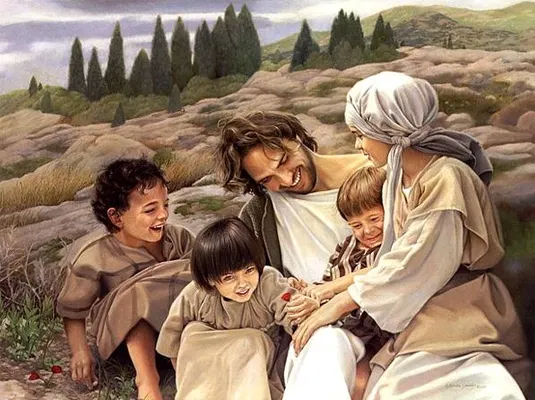
25 Things Catholics Should Know
There are certain things Catholics believe which set them apart from other religions. Every Catholic should know them. If you are Catholic, this is a test to check if you know your Faith or if you need to brush on with your catechism. There are 25 questions, and the passing is 23.
published on March 27, 2013